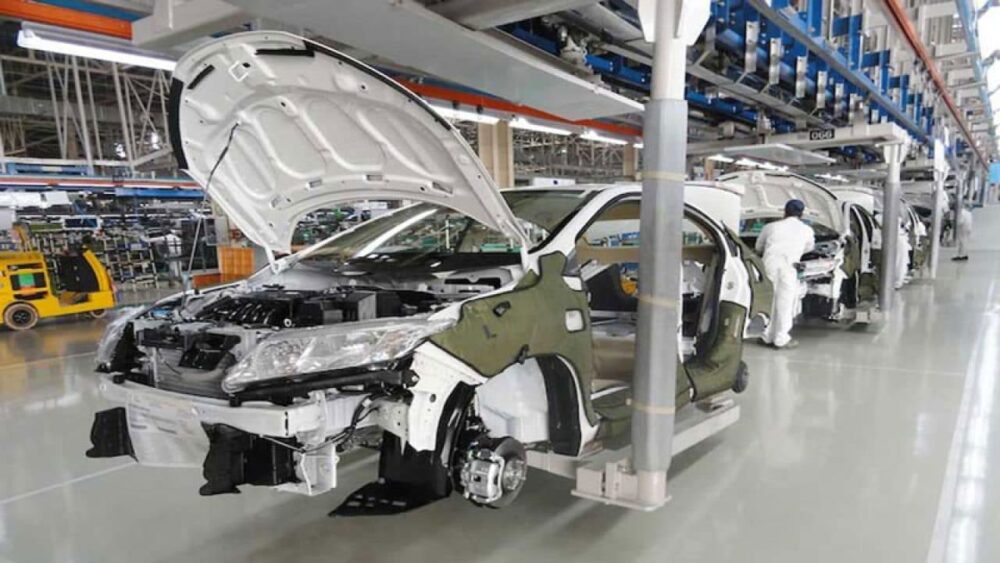Growth of the automobile sector plunged by 37.4 percent against a contraction of 42.2 percent growth last year. Import restrictions on Completely Knocked Down (CKD) and Semi Knocked Down (SKD) automobile kits have further reduced automobile production during the review period.
According to the Pakistan Economic Survey 2023-24, a significant decline was witnessed in LCVs, Trucks, Buses, and Jeeps & cars decreased by 60.5 percent, 44.4 percent, 40.0 percent, and 36.7 percent, respectively. The automotive industry grapples with a myriad of challenges, including a decline in demand, exacerbated by factors such as rising car prices due to inflation and currency fluctuations.
Moreover, non-enticing auto financing options offered by banks further dampen consumer interest. Economic and political instability add to the industry’s woes, creating an uncertain operating environment and impeding growth prospects.
During July-March FY in 2024, compared to the same period last year, there was a massive decline in all auto sectors except for farm tractors. Total tractor production during the period under review was 36,133 units, compared to 22,626 units produced last year, showing an increase of 59.7 percent.
Passenger car production was down 36.7 percent during July-March FY 2024, with 55,670 units compared to 87,820 units produced during the same period last year. The fall in production has been in almost all passenger car segments due to persisting import restrictions and import quota restrictions tied to the new mandatory export requirements.
Higher inflation and persisting higher policy rates have suppressed the bank leasing of local automobiles. The production of heavy commercial vehicles, i.e., buses and trucks, has registered a negative growth of 51 percent and 43.9 percent, respectively, during the period under review.
Bus productions were 297 units during JulyMarch FY 2024 compared to 606 units produced during the same period last year. In the case of trucks, 1,502 units were produced during JulyMarch FY 2024 compared to 2,677 units during the same period the previous year. This fall is attributed to a combination of factors, from stunted demand due to high policy rates and depressed economic conditions in the country.
Tractor production has significantly risen, underscoring the growing interest among farmers and agricultural stakeholders in adopting machinery. This trend reflects a broader shift towards mechanization in agriculture, driven by the need for increased efficiency, productivity, and sustainability in farming practices.
In the two/three-wheelers sector, 842,905 units were produced compared to 925,943 units produced during Jul-March FY2023, showing a decline of 9.0 percent. The continuous negative growth in the two / three wheeler sector is due to supply constraints of parts due to import restrictions. Inflation is also contributing as middle and lower-income groups were the principal buyers of these autos.
The two/three wheelers offer the most economical public transport alternative for lower income groups.
The post Car Industry Fell in A Ditch in FY24: Economic Survey appeared first on ProPakistani.


